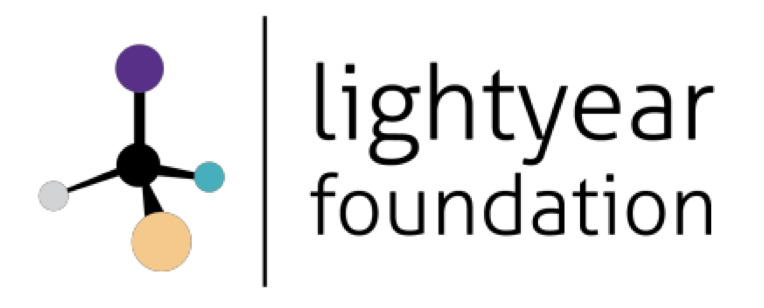role modeLS
Dr Christopher Baily
Job Title: Research Scientist for Servomex, a company that makes gas analysis instruments.
Disability: Visually impaired, living with the degenerative eye condition Retinitis Pigmentosa
Why did you want to work in STEM?
At school I always enjoyed and was good at maths, physics and chemistry, so it was natural for me to continue studying them to as high a level as possible. When my academic studies came to an end after gaining my PhD, I was ready to use this knowledge and skills in applied environments, so my roles after my postdoc have been in companies that make scientific instruments.
What’s your favourite thing about your job or about working in STEM?
I enjoy many aspects of my job in STEM, but the one thing I truly love is analysing data and working with it to present it to others in the clearest, most impactful way possible to tell the story of what the data is telling us. You could say I’m a bit of a data junkie!
What are your top tips for a young disabled person interested in STEM as a career?
Firstly you would be best off searching out the right support, as there is lots of support out there, but the best support for you might depend on the nature of your disability. Secondly, I’d suggest being realistic – I can wish to be a pilot all I want, but my eyesight means it’s not going to happen – but realise that there are many STEM jobs you can do with either no or minimal adjustments. And finally, be positive and GO FOR IT! Most people with disabilities have developed excellent problem solving skills to succeed in their daily lives, and these skills are transferable to the workplace and are highly sought after by STEM employers.
What advantages has your disability given you in the field?
Dealing with the daily challenges of my disability has given me a lifetime of experience of determination and problem solving to succeed when things are tough. This has developed over time into a confidence and a “Can Do” attitude.

